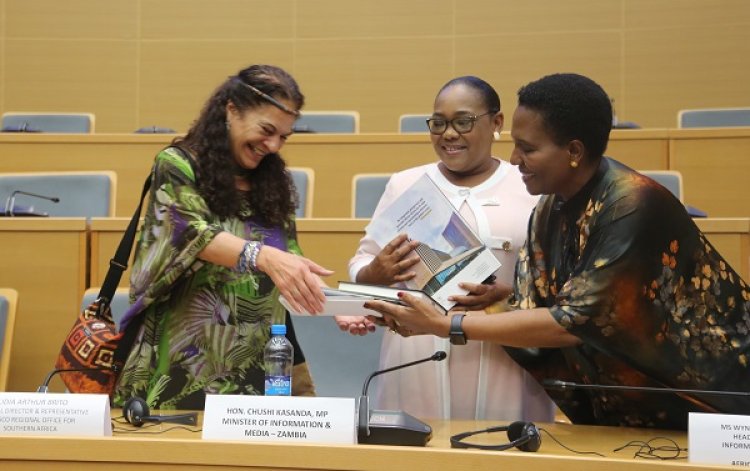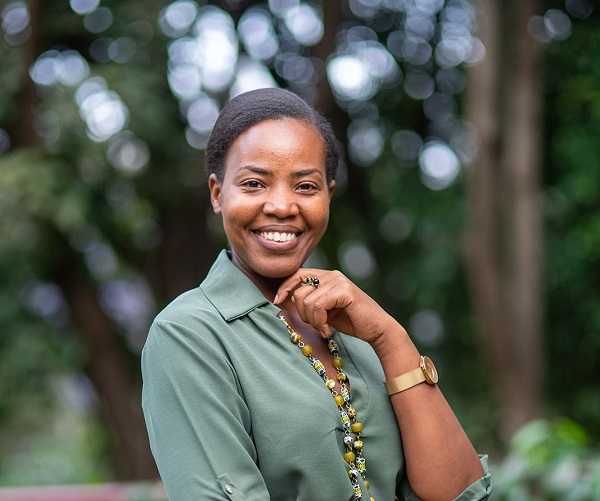The media fraternity in Africa has hailed journalists for ‘selfless’ dedication to the profession in light of risks ranging from physical harm, imprisonment, threats and death that are prevalent across regions.
At least four journalists were killed in the region since the year started while more are languishing in prisons simply for doing their jobs, reports Eastern Africa Editors Society (EAES), an umbrella body bringing together editor organizations in Eastern Africa.
The fraternity is still mourning Anye Nde Nsoh, Cameroonian journalist who was gunned down on May 7, becoming the third to be killed in the country since the year started.
In February, journalist Jean Jacque-Ola Bebe was found dead with bullet wounds to his face around just weeks after the tragic death of Martinez Zogo, radio journalist who was abducted, tortured, and murdered.
Elsewhere in the region John Williams Ntwali, Rwandan independent investigative journalist and YouTuber died in January. His death — in a car accident, according to authorities — has drawn international calls for credible and transparent investigations.
“The deaths of these journalists are a reminder of the incredibly difficult conditions under which journalists on the continent operate (…) they persevere because they know that without investigative reporting to hold those in power to account or criticism that introduces the public to diverse opinions then the very foundations of democratic societies is compromised,” EAES Chairman Churchill Otieno, told the on-going Africa Media Conference in Lusaka, Zambia on Thursday.
ALSO READ: Can’t feed a family? Journalism is a passion and you can’t fake it
The three-day event, jointly organised by UNESCO, the Southern Africa Editors’ Forum (SAEF) and Zambia-based Media Liaison Committee (MLC), has brought together over 300 participants, mainly African editors, senior journalists and media educators to reflect on press freedom, access to information and journalists’ safety among others issues that plague the practice of journalism across Africa.
The deaths of these journalists are a reminder of the incredibly difficult conditions under which journalists on the continent operate (…) they persevere because they know that without investigative reporting to hold those in power to account or criticism that introduces the public to diverse opinions then the very foundations of democratic societies is compromised.
Churchill Otieno, President, Eastern Africa Editors Society (EAES)
The deliberations are happening at a time ranking points to a rise in attempts to silence the press across the continent, mostly taking the form of harassment, assault of journalists, media bans, internet shutdowns as well as restrictive laws that criminalize journalistic work.
No progress
Besides, media watchdogs say there has been no progress with regard to demand for transparent investigations into past and new cases of killing of journalits, as well as justice for those jailed in countries such as Eritrea, Burundi and Kenya.
Press freedom situation is classified as very bad in at least 23 out of 48 African countries, according to the latest World press freedom index.
In 2021 alone, 75 African journalists were imprisoned or detained by their governments in 12 countries.
“Press freedom violations are very common on the continent especially censorship on the internet, arrest of journalists and acts of violence against media personnel that usually go unpunished,” said Dr. Rita Bissonauth, Director of UN Educational, Scientific and Cultural Organization liaison office to African Union.
Mrs. Bissonauth indicated that a soon-to-be released multistakeholder report is expected to shed more light on the press freedom situation in respective African Union member States.
~ Reporting by Johnson Kanamugire in Lusaka





